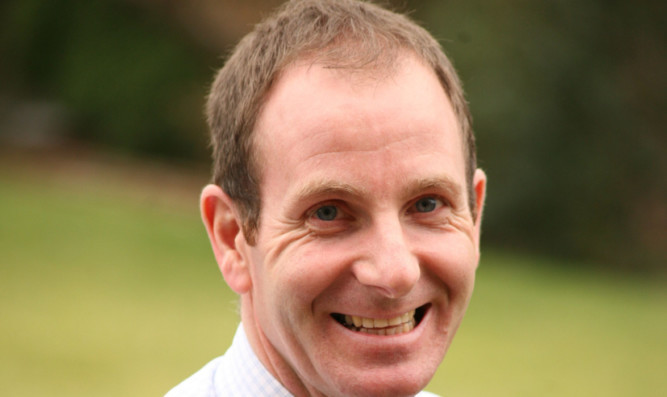The end of another chapter in the history of agricultural support payments will arrive next month when those eligible receive Single Farm Payments (SFP) for the last time.
Meanwhile, the transition to the Basic Payment Scheme (BPS) starts next year.
The process of understanding the details of the BPS is well under way, with individuals and businesses working out what they will need to do to comply and whether they will receive more or less subsidy than before.
The change from SFP to BPS involves both practical and financial implications for all claimants.
The change also has potential tax implications.
Income tax
Annual receipts of SFP have been subject to income tax (or corporation tax if received by a company) and taxed accordingly along with other taxable trading income after deducting relevant expenditure. Receipts under the BPS will be treated no differently.
What may be different, however, is the amount received and where the change is material some planning is advisable.
Will additional taxable profits arise?
Is lower profitability expected?
Will the reduction in payment from SFP to BPS be so significant that overall losses are likely?
Early consideration of the impact on taxable earnings could lead to a more efficient tax position.
The impact on cash flow will also need to be monitored carefully.
Capital gains tax
SFP entitlements where used by a farming business were treated as business assets for capital gains tax purposes.
This has meant that those selling entitlements could attract entrepreneurs’ relief on a disposal.
Rollover relief and holdover relief could also apply if the conditions for those reliefs were met.
SFP entitlements cease to exist at December 31 this year and have no enduring value beyond that date.
In most cases entitlements were issued to recipients at the beginning of the scheme for no consideration, so holders of entitlements have a £nil base cost and therefore no capital loss arises.
However, there will be many holders of entitlements who have bought some or all of their holding. In those cases a base cost does exist equal to the amount paid for the entitlements.
The value at December 31 2014 will be £nil, therefore a negligible value capital loss claim can be made.
This capital loss could be particularly useful where those involved anticipate capital gains arising from disposing of other capital assets.
Similarly, milk quota will cease to have value on March 31 next year.
Those who have bought milk quota and are still carrying that value will also be able to make a negligible value capital loss claim.
So, when you are considering the implications for your business of the change from SFP to the BPS, don’t forget about the tax implications and seek advice.
* Graeme Davidson is a partner at EQ Accountants LLP, Forfar.
